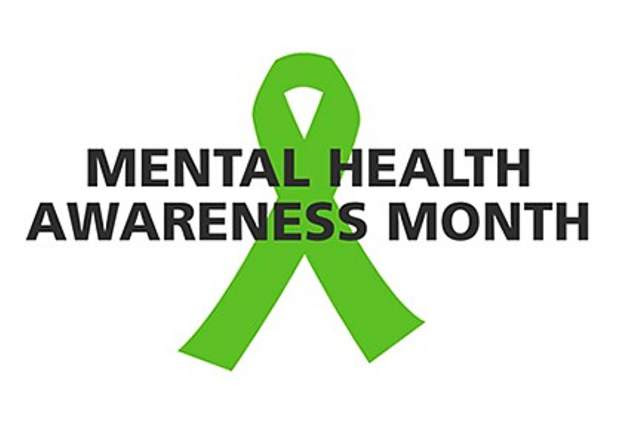
May is Mental Health Awareness Month. In honor of this, Psychiatry Redefined is offering our Suicide Prevention online course FOR FREE through the end of May. See below for all details!
If you are struggling with depression or anxiety, know that you aren’t alone. Depression and anxiety are common challenges.
In the United States, approximately 21 million or around 8.4% of adults had a major depressive episode in 2020 (NIMH 2022). As for anxiety, estimates suggest almost one in five adults in the United States has an anxiety disorder (NIMH 2022). In fact, the research suggests that anxiety disorders are the most common mental health diagnosis that plagues individuals in the United States (Kessler 2012).
If standard treatments were effective, things would be straightforward. After establishing the appropriate diagnosis, medication could open a path to recovery.
Unfortunately, research has consistently shown that medications for depression are not effective at providing clinically meaningful improvement in the majority of cases.
The largest analysis to date found that the average clinical benefits of almost all antidepressant drugs—including all selective serotonin reuptake inhibitors (SSRIs) like Prozac and Paxil and serotonin and norepinephrine reuptake inhibitors (SNRIs) like Effexor—are minimal. These drugs typically do not provide noticeable or relevant improvements in depressive symptoms. It’s interesting to note that the authors of the most recent analysis buried that information in a table on page 142 of an online appendix that was not included in the published research paper (Cipriani 2018).
And as for anxiety, while standard treatments may provide some relief, it’s not unusual for individuals to have residual symptoms. If that’s not bad enough, some of the most commonly prescribed medications for anxiety—the “benzodiazepines,” including Xanax, Valium, Klonopin and others—have significant risks for worsening anxiety over time while causing cognitive dysfunction and memory problems. Tolerance, addiction and withdrawal also plague their long-term use (Guina 2018).
There is a better way.
Integrative and Functional Medicine–a system of medicine where you are treated as a unique individual–is a more effective approach. Depression and anxiety are complex illnesses, often caused by multiple intermingled factors. Nutritional deficiencies, gut flora imbalances, hormonal issues, toxicities, stress levels, and your personal history can all contribute to your current emotional state.
Evaluating ALL of these factors yields much better outcomes than just prescribing medications based on symptoms.
FREE through the end of May!
Due to our overriding concerns about mainstream psychiatry’s repeated failure to address the suicide epidemic, we’re once again offering Dr. James Greenblatt’s training on suicide prevention FOR FREE. The course lays out a scientific foundation, corraborated by years of his personal clinical experience, on how to address and reduce suicide risks.
Use code SUICIDECOURSEFREEMAY23 to enroll for the course for FREE.Comes with a full year of online access.
References
National Institute of Mental Health. Major Depression. Updated January 2022. Accessed April 15, 2022. https://www.nimh.nih.gov/
National Institute of Mental Health. Any Anxiety Disorder. Accessed April 15, 2022.
https://www.nimh.nih.gov/
Kessler RC, Petukhova M, Sampson NA, Zaslavsky AM, Wittchen H -U. Twelve-month and lifetime prevalence and lifetime morbid risk of anxiety and mood disorders in the United States. Int J Methods Psychiatr Res. 2012;21(3):169-184. doi:10.1002/mpr.1359
Cipriani A, Furukawa TA, Salanti G, et al. Comparative efficacy and acceptability of 21 antidepressant drugs for the acute treatment of adults with major depressive disorder: a systematic review and network meta-analysis. Appendix. Page 142. Published April 7, 2018. Accessed April 14, 2022. https://www.thelancet.com/cms/
Guina J, Merrill B. Benzodiazepines I: Upping the Care on Downers: The Evidence of Risks, Benefits and Alternatives. J Clin Med. 2018;7(2):17. Published 2018 Jan 30. doi:10.3390/jcm7020017


